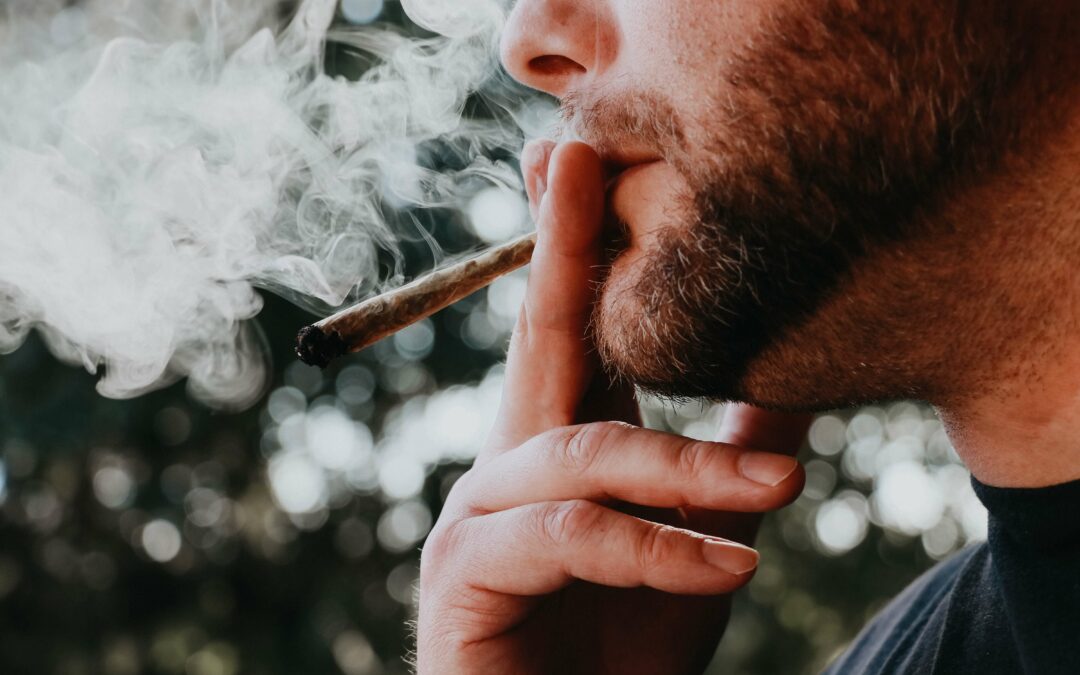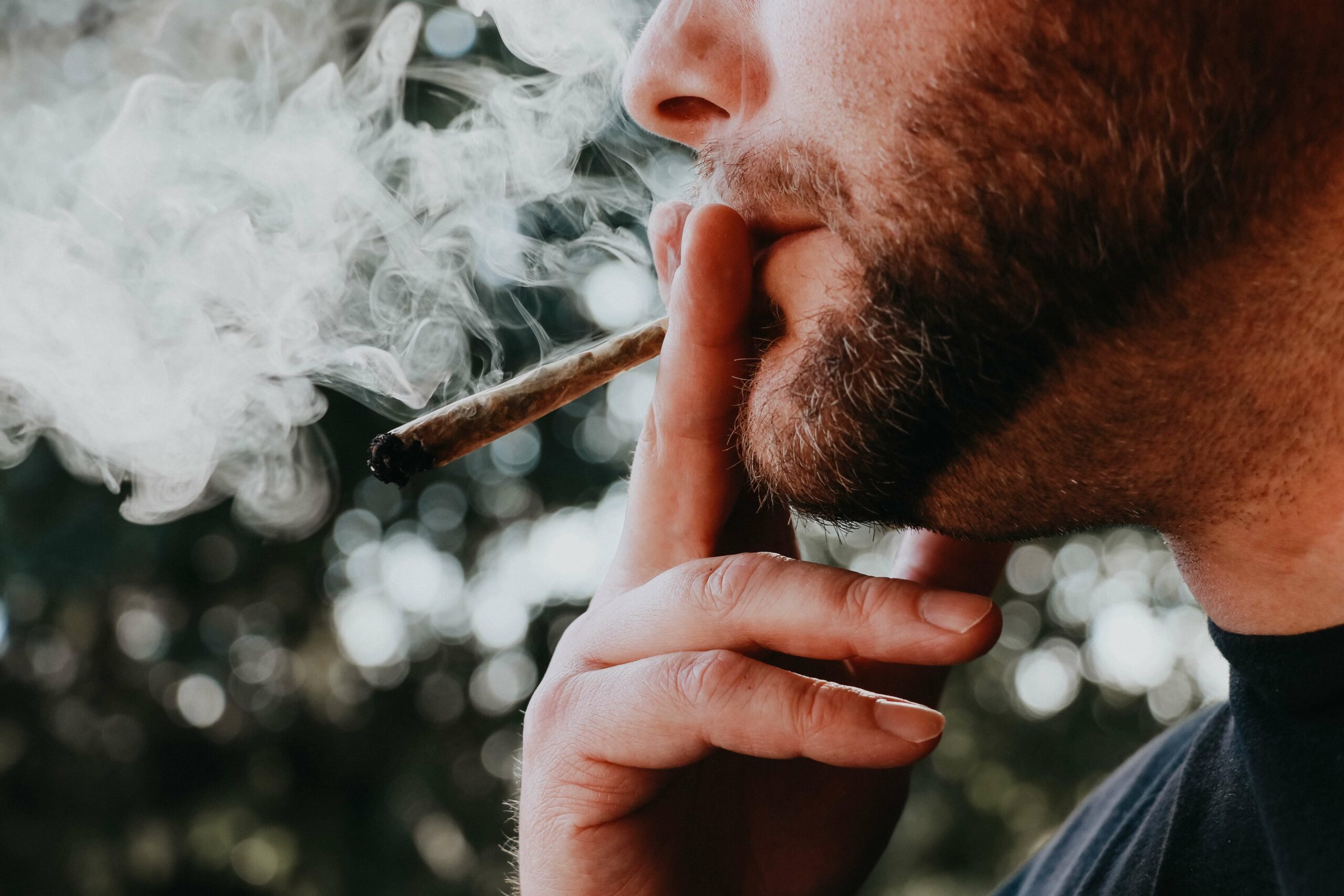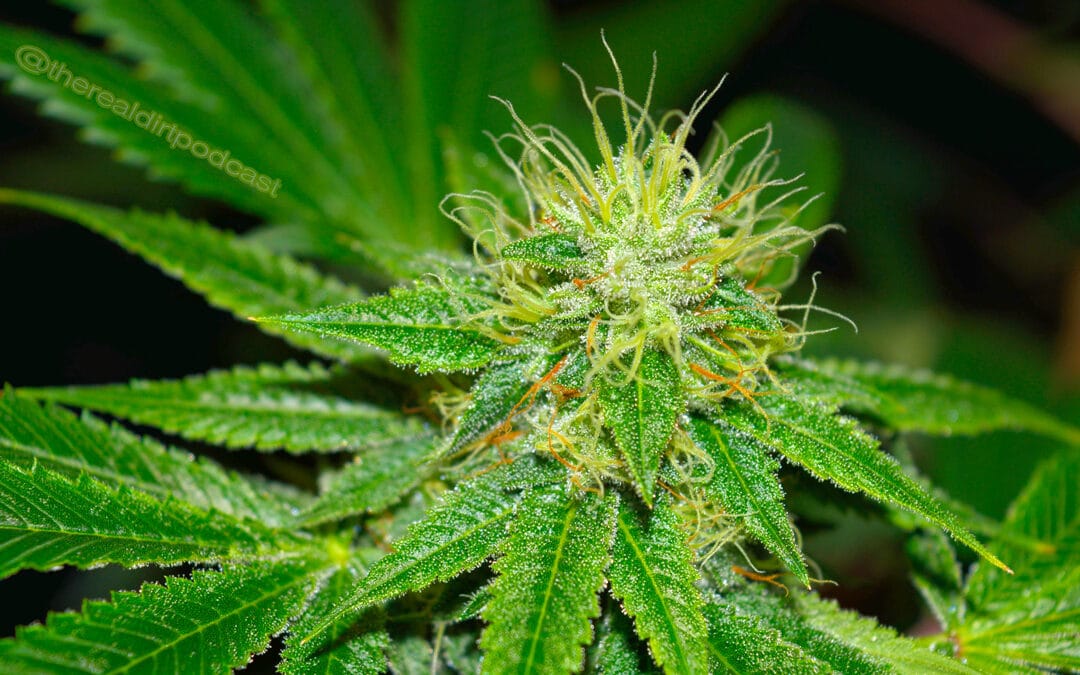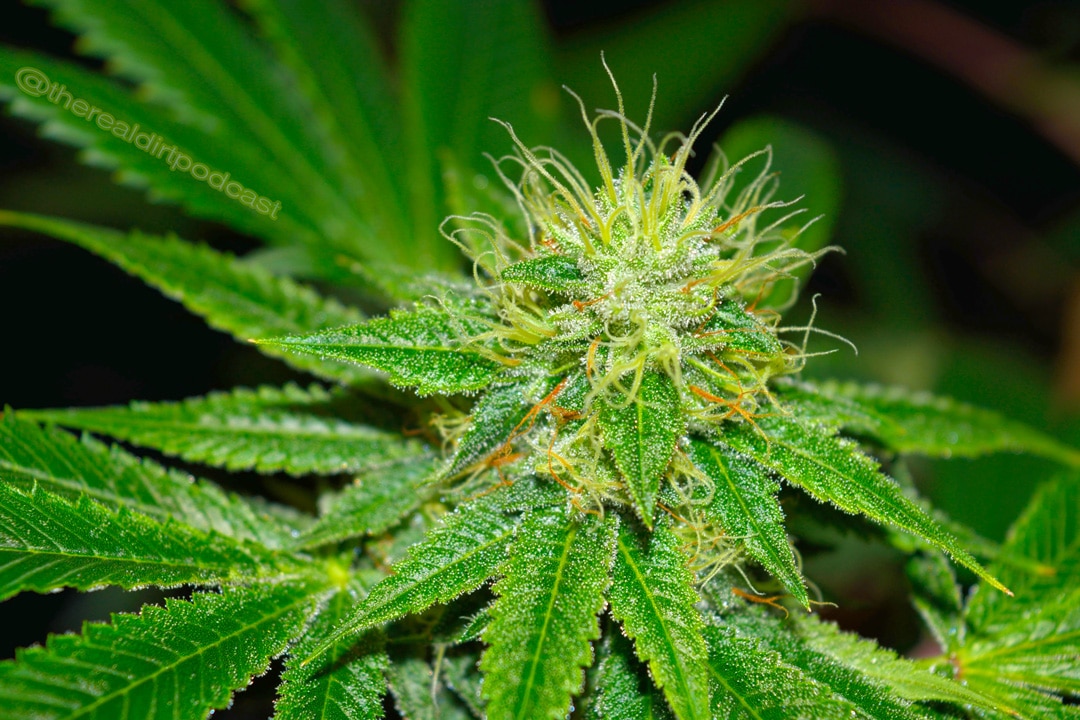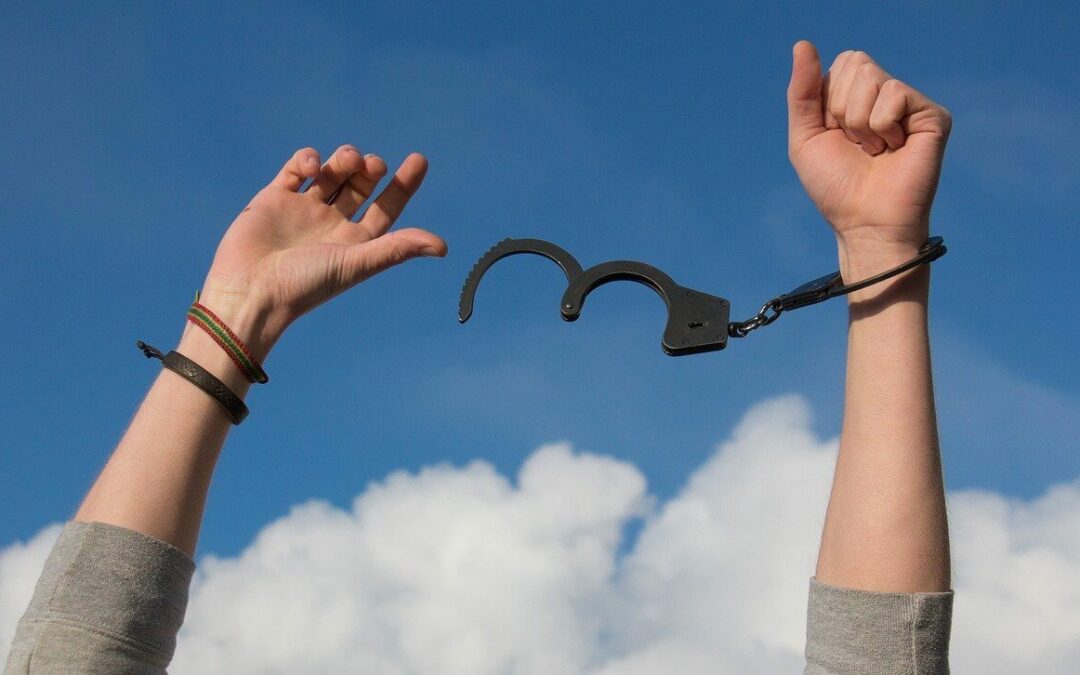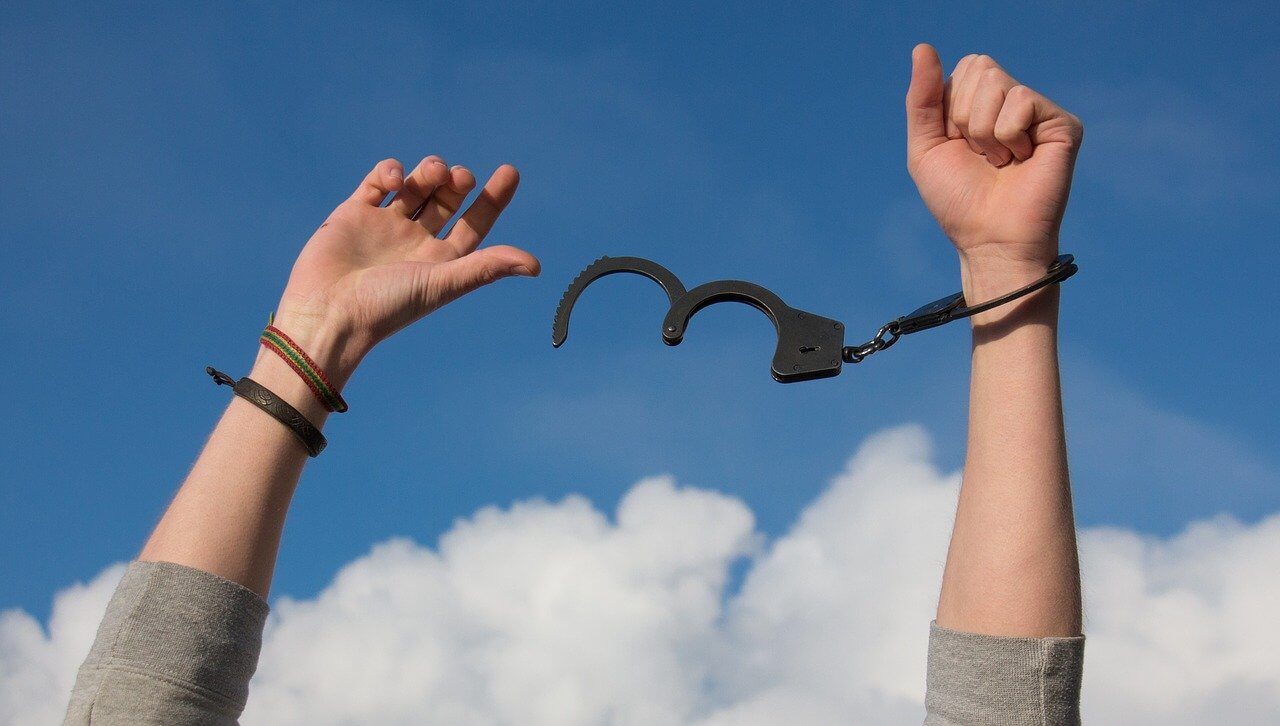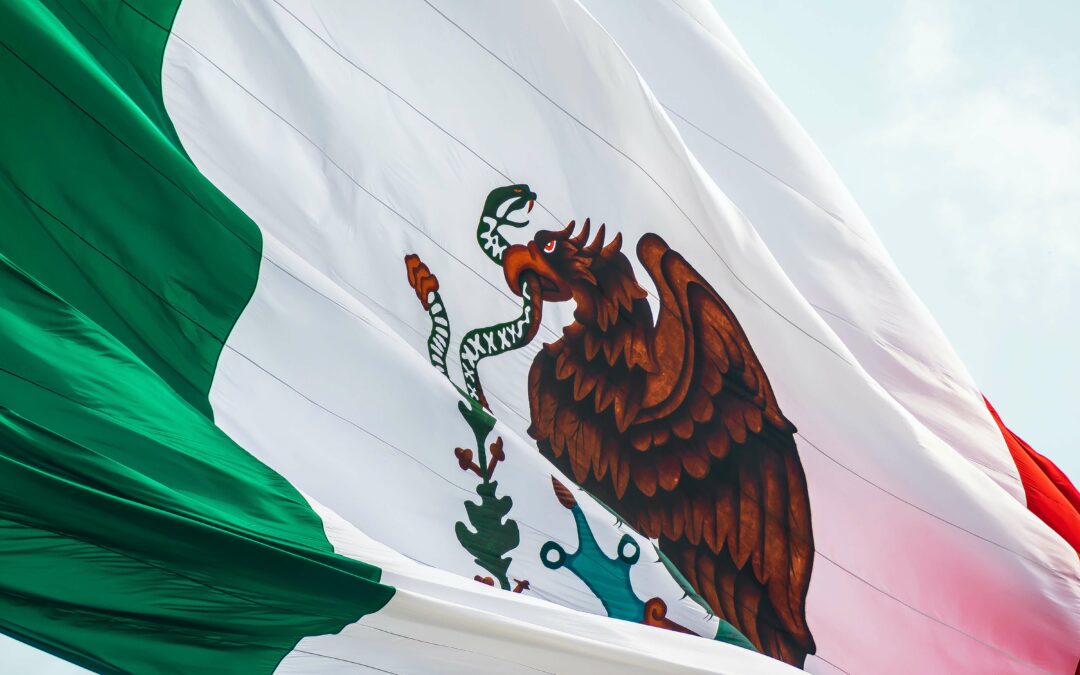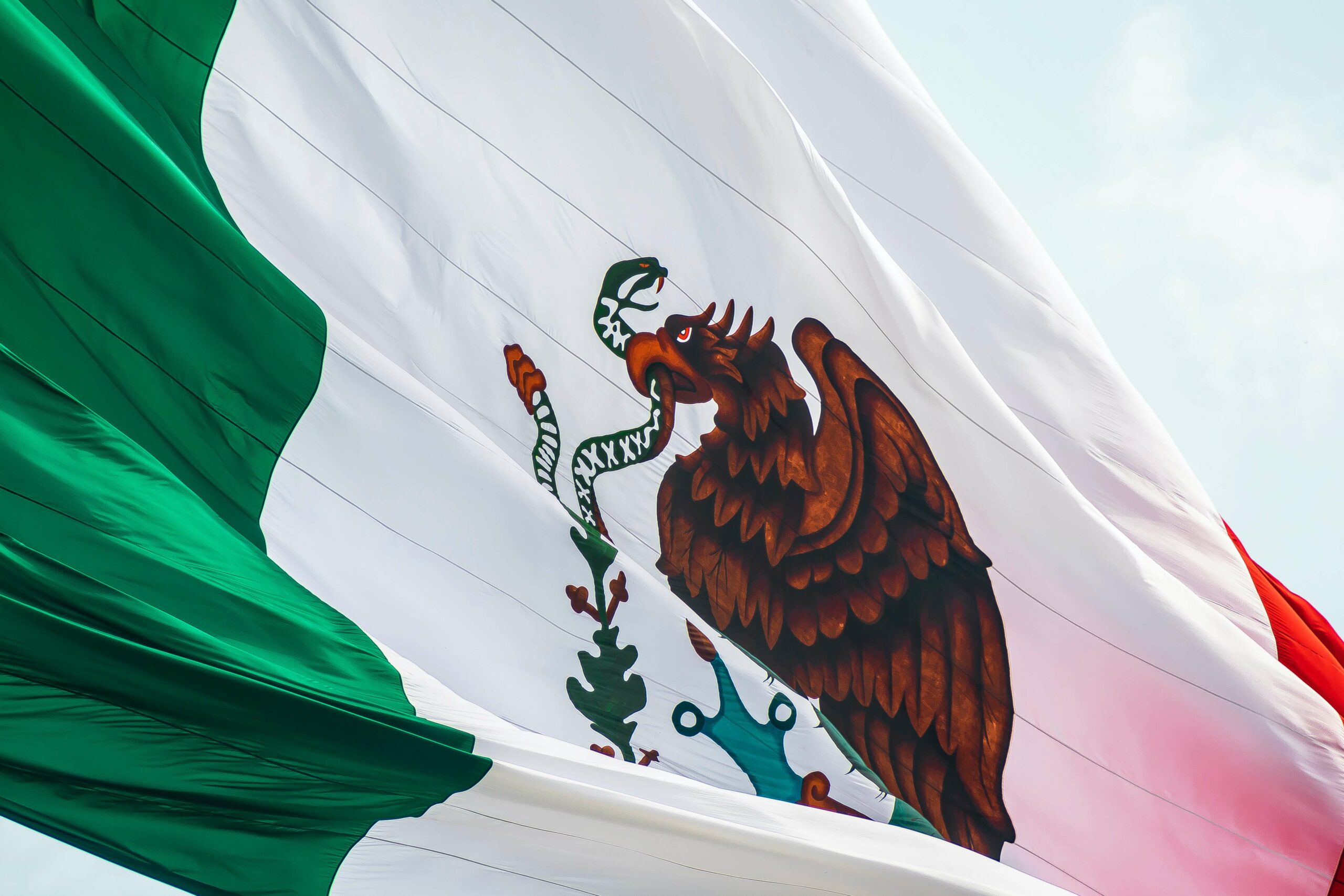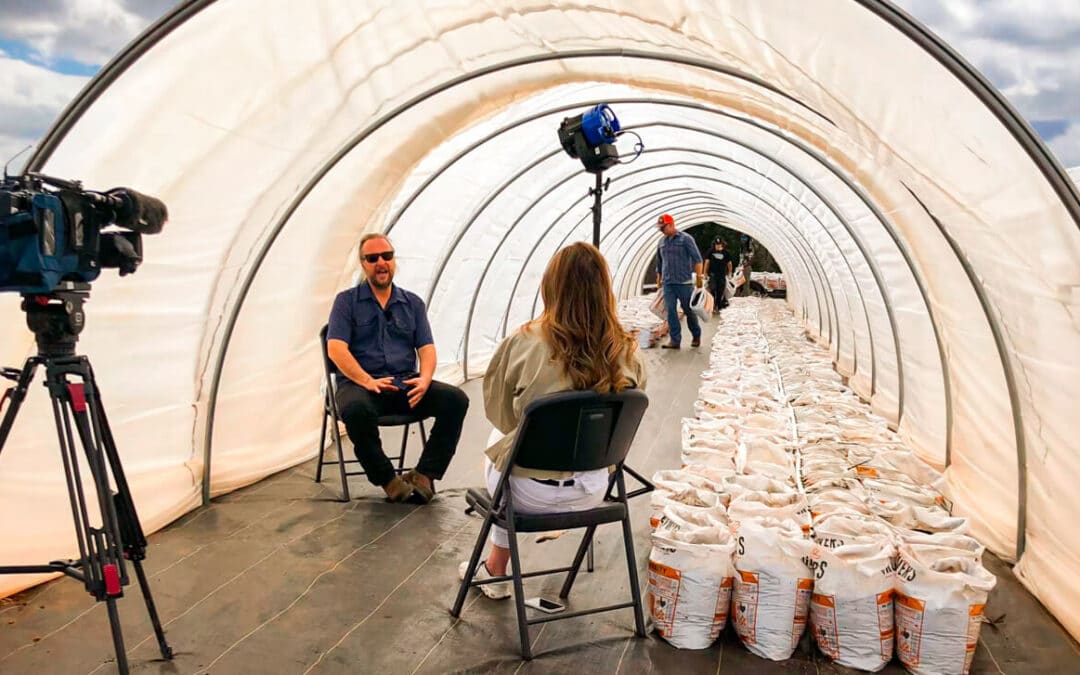
A surprising oasis for medical marijuana: Oklahoma
When you think of Oklahoma, marijuana is probably not a thing you associate with the state.
At first glance, it looks like any plot in rural Oklahoma. Spacious fields studded with work sheds and tarped greenhouse tunnels. Roosters roam freely next door.
Throw open the barn door and the golden light doesn’t reveal amber waves of grain but a different kind of cash crop.
It’s a marijuana operation and it’s all “baker’s brand.”
“Tokelahoma, cushlahoma, weedlahoma [and] gongelahoma” Baker says are just a few of the brands he sells.
Baker has grown weed around the world since he was 13. From the woods of Georgia and the lakes of Switzerland to Colorado and California.
“I love California weed, I love California growers. But there’s a certain snobbiness and we’ve done it all,” said Baker. “But like Oklahoma it’s this newness, adventure, that’s partly why we’re here.”
The 48-year-old and his wife Jessica moved to Oklahoma a couple of years ago after 57 percent of statewide voters literally greenlit medicinal marijuana through state question 788.
David Lewis is a lifelong Oklahoman and coo of Stability Cannabis, one of the state’s largest indoor grow facilities.
“I think people underestimate how much of a culture shock this was. This was a state where you couldn’t buy wine in a grocery store, yet we passed medicinal marijuana,” explained Lewis. “Born and raised in Oklahoma, I never would have thought we’d have almost 400,000 patients consuming medical marijuana. It’s shocking.”
According to the Oklahoma Medical Marijuana Authority, there are more than 380,000 Oklahomans with active medical marijuana cards, about 10 percent of the population. That’s more than any other state in the country and double that of New Mexico, which comes in second.
In a state whose politics are as red as its dirt, the numbers almost seem wrong.
“Oklahoma and Texas are the home of outlaw country, right? Just because people are conservative or work on the land, or fish or hunt as relaxation, or even go to church, doesn’t disbar them from using cannabis and enjoying it,” said Baker.
They’re consumers who get to come out of the shadows like Taly Frantz-Holly.
“I’ve been on the black market, as far as cannabis, as a smoker and everything from the time I was 19,” said Frantz-Holly.
She suffers from PTSD and says certain prescription pills left her suicidal. She found relief in cannabis.
“I went from taking 8 pharmaceuticals—8 medicinal pills every day. And now I’m down to 2. I only have panic attacks once ever few weeks and I was having panic attacks every single day,” stated Frantz-Holly.
Frantz-Holly says, without a doubt, the plant saved her life. So enamored by its medicinal powers, she now grows it herself.
“I literally got drug charges when I was 21 for a joint. And did 30 days in county jail. For a joint! And now I’m picking up 75 marijuana plants to go home to my commercial grow,” said Frantz-Holly.
She’s not alone. There are 7,000 other commercial growers across the state. Baker says it’s never been easier or cheaper to break into the business.
“Oklahoma just made it so easy to get involved that the average and normal person could,” said Baker. “There just no boundaries here.”
The application fee for growers, processors, dispensaries and transporters is $2,500. For patients, it’s $100. $20 for disabled veterans. Baker says it took him 15 minutes to apply in other states? He’s waited two years.
And many doctors, especially during a pandemic, have signed off on cards for patients suffering from anxiety, depression and insomnia.
“Oh COVID was a boom to the industry! Turns out if you’re trapped at home I guess with your kids and your in laws, you might have to medicate a little bit more every now and then,” said Lewis.
“The other thing is people aren’t sharing cannabis as much because of COVID. So people have been having their own bowls and their own joints,” stated Baker.
Baker says industry-wide, the business grew 50 percent last year.
If you’re surprised by Oklahoma’s booming numbers, Baker says you shouldn’t be. People just haven’t been able to talk about it but singing it.
“Oklahoma has a cannabis history. The cross Canadian ragweed, the famous song from 20 years ago. Oklahoma boys roll their joints all wrong. Its famous! It’s been famous for years!” said Baker.

